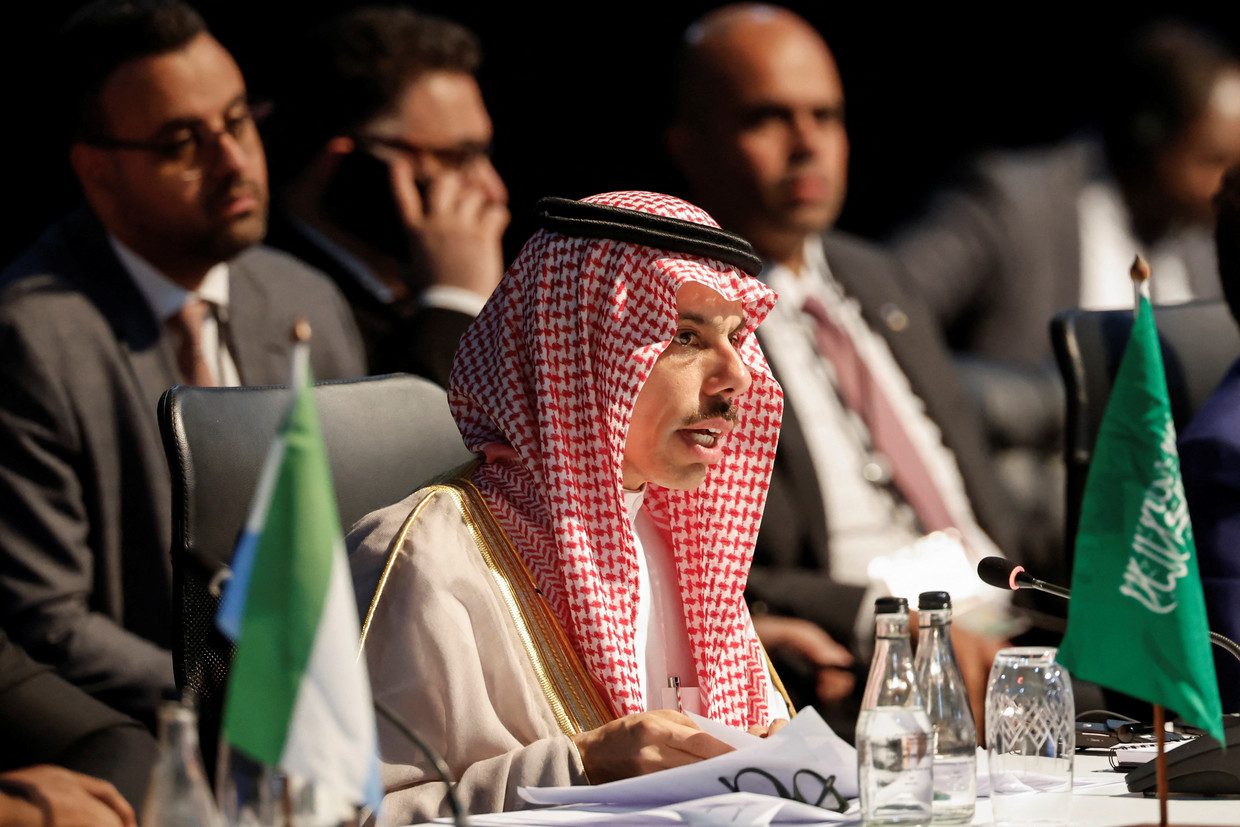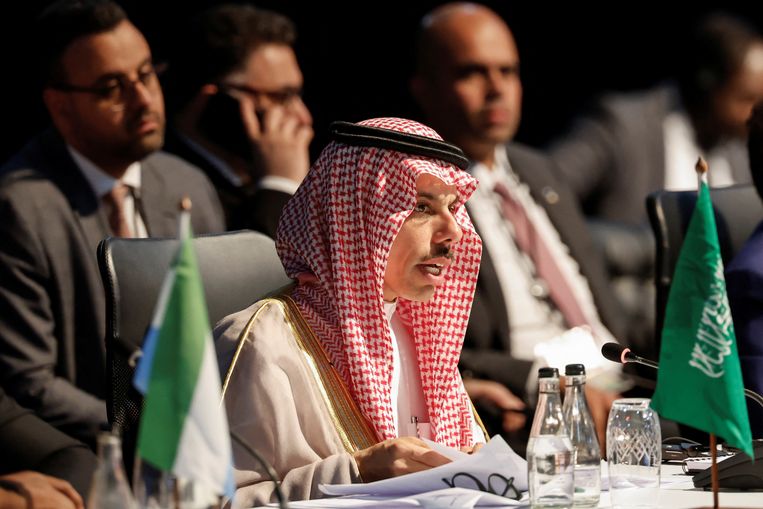
BRICS, the non-Western alternative to the Group of Seven made up of Brazil, Russia, India, China and South Africa, met for the last time in 2019. Much has changed in the world since then. Russia, which in the meantime invaded Ukraine, for example, speaks of a new multipolar world order. The countries of the Global South no longer only work with Western countries, but also with countries like Saudi Arabia and the United Arab Emirates and great powers like China and Russia. These are all countries that criticize Western hegemony.
The interest of emerging economies in Latin America, Asia and Africa to diversify their international alliances is evident from the countries’ enthusiasm for joining the BRICS group. According to South African officials, more than 40 countries have indicated in advance their interest in joining. Officially, 22 countries, including those now being invited to join, have submitted applications for membership.
About the author
Joost Pastemeyer is Africa Correspondent De Volkskrant. Lives in Dakar, Senegal.
In the run-up to the summit, the current BRICS leaders were divided over how many and when countries could join. And China and Russia, both affected by Western sanctions, wanted to expand dramatically. But South Africa, Brazil and India, countries that also maintain good relations with many Western countries, have taken a more cautious stance.
further expansion
After the three-day multilateral meeting, BRICS leaders decided that six countries will be allowed to become BRICS members from January 1 next year, a move experts say paves the way for further expansion of the BRICS bloc. Countries that missed out may be able to join later. This concerns, for example, Algeria, which wants to increase trade with China, and Bolivia, which wants to become less dependent on the dollar.
During the three-day conference in Johannesburg, leaders of all BRICS member states attended in person, with the exception of Vladimir Putin. The International Criminal Court issued an arrest warrant for the Russian president on charges of war crimes. The host country, South Africa, recognizes the International Criminal Court, which obliges it to arrest Putin as soon as he sets foot on South African soil.
Remarkably, Chinese leader Xi Jinping unexpectedly canceled a speech scheduled for Tuesday. His statement was read by one of his ministers. Experts call the move a knockout, and say the Chinese leader may be ill. Beijing has not responded to the rumours.
Dissatisfaction with Western hegemony
The BRICS bloc was founded in 2009 out of dissatisfaction with Western domination of the old international political and financial institutions. In contrast to the Group of Seven, which brings together the seven largest Western industries, BRICS, according to its founders, symbolize a “new global governance” that is “inclusive and based on equality”.
Since their founding, these countries, which together account for more than 40 percent of the world’s population and a quarter of the global economy, have traded mainly in commodities with each other. The bloc also came up with an alternative to the World Bank: Since 2015, the New Development Bank has distributed some $33 billion to nearly a hundred projects.

“Infuriatingly humble social media buff. Twitter advocate. Writer. Internet nerd.”








